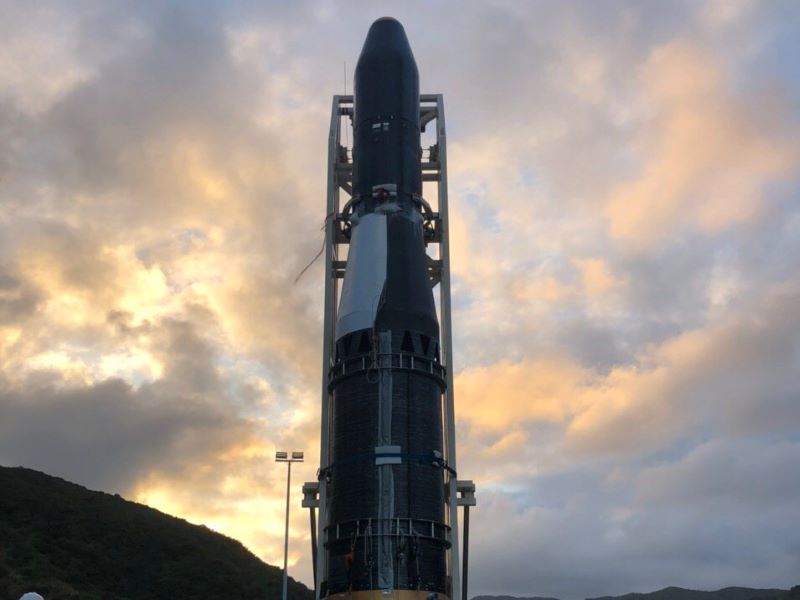The Australian Space Agency’s funding is “insufficient” and consideration should be given to making it a statutory authority, a government-led committee has said.
The House of Representatives Standing Committee on Industry, Innovation, Science and Resources, chaired by Nationals MP Pat Conaghan, tabled its report on developing Australia’s space industry on Friday.
It includes 38 bipartisan recommendations for “key reforms” to help the federal government achieve its goal of growing the domestic space sector by $12 billion and creating 20,000 new jobs.

Among the recommendations are the establishment of an overarching vision for the local space industry, reforms to regulations around launches, a whole-of-government Ministerial Council on Space and targeted focus on procuring more local space products and services.
An upcoming review of the Australian Space Agency (ASA) will provide a “timely opportunity” for a number of reforms to be considered, the committee said, including whether it should be made a statutory authority, for its industry engagement and regulatory functions to be separate and its future workforce requirements.
The agency’s budget and resourcing should also be reviewed to “ensure that it is adequately positioned to meet its stated goals and objectives”, the report said.
“Notwithstanding the significant difference the ASA has made to the Australian space industry, several suggestions were put forward for improving its current structure, operation and administration,” the report said.
“These include establishing the ASA as a statutory authority, separating its industry engagement and regulatory functions, and improving education and awareness of regulatory processes including the provision of regulatory guidance documents.
“The Committee recommends that important consideration be given to the status of the agency, its future funding and operational requirements needed to support and potentially exceed the stated 2030 goals of government.”
The government-led committee acknowledged that the ASA’s funding is “small” compared to other countries, and this is restricting what it can achieve, and is “insufficient” to meet the government’s lofty goals.
According to the report, Australia ranks 18th among G20 countries for its government investment in space as a percentage of GDP.
On procurement, the government currently purchases a large percentage of space services from overseas companies due to a perceived lack of capability locally, the committee found.
It called for the government’s procurement policies and guidelines to be reviewed or strengthened to ensure that Australian space content is procured where reasonably possible, and for agencies to set out rationale when this is not done.
The government should also look at the feasibility of establishing an expert technical advisor to support with the procurement of space-based products and services, as exists in the US.
The committee also urged the government to consult with the industry to define an “overarching vision” for the space sector and to set out long-term national space priorities to “guide and galvanise the industry”.
This will have an aim of “inspiring the Australian public, providing investment confidence, developing Australian space capabilities and positioning Australia as a globally competitive player”, the committee said.
“The overwhelming message from the Australian space industry is the need for more national leadership and direction,” the report said.
“This will provide confidence and certainty for stakeholders to make informed decisions about investment, capability development, research and development, as well as the education, training and expertise required to support the industry into the future,” it said.
The government should also review how it delivers funding for the space industry and potentially broaden its funding streams to include contracts for specific space capability, the committee said.
It should also consider the establishment of a whole-of-government Ministerial Council on Space consisting of Commonwealth and state and territory representatives, stakeholders and industry groups, the report said.
The committee’s report came just days before the government opened the Trailblazer program, with businesses able to apply for up to $50 million in funding as a consortium to develop and build a small rover to go to the Moon with NASA as early as 2026.
“The Australian space sector is going from strength to strength and this investment from the Morrison government is going to rocket it even further ahead,” science and technology minister Melissa Price said.
“Through this program Australian businesses will get to work closely with NASA, which will bring them into the focus of global space players.”
Do you know more? Contact James Riley via Email.

